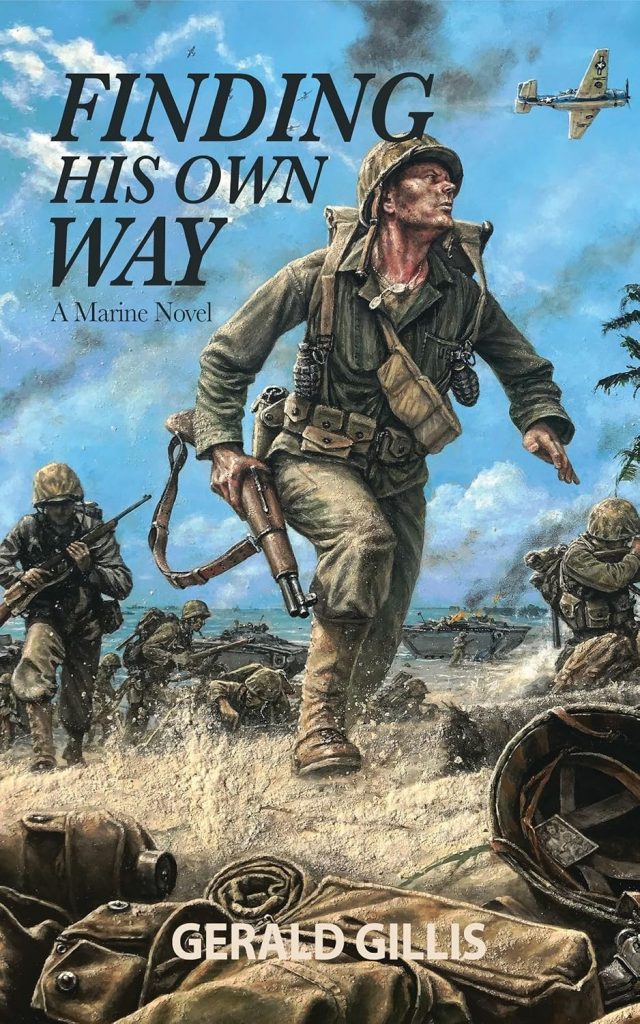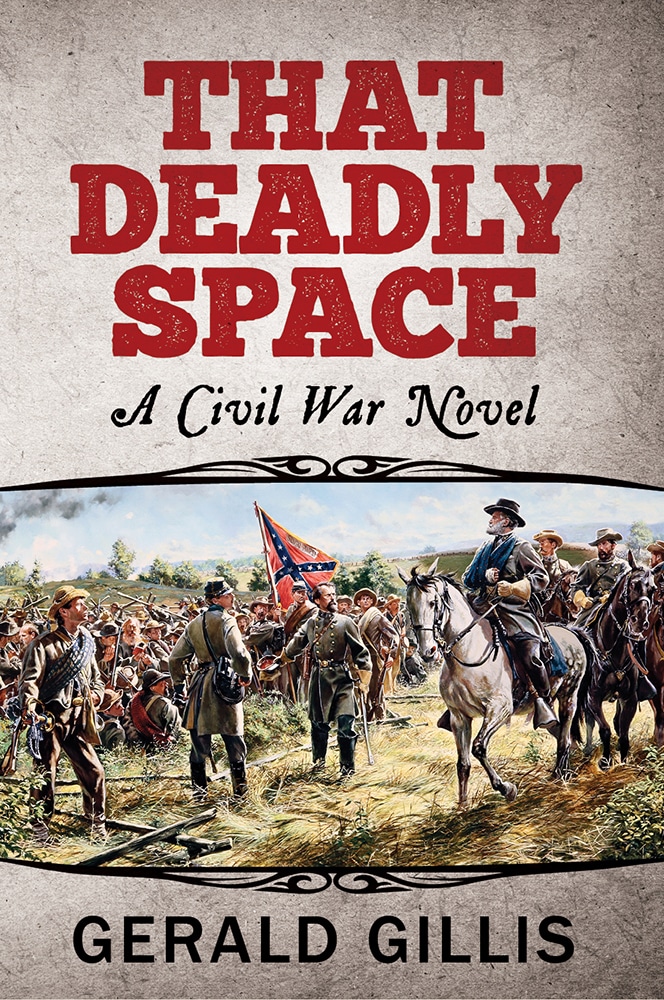 I had the rare pleasure yesterday in an Atlanta museum to get a close-up viewing of 30 paintings from one of the most consequential figures in modern history. No, his name was not Monet or van Gogh or Picasso, and he was not recognized as much for his art as for his political career, writing, and oratory. Many of the 30 paintings that I viewed have never before been on public display, comprising but a few of the 500 works he produced in his lifetime.
I had the rare pleasure yesterday in an Atlanta museum to get a close-up viewing of 30 paintings from one of the most consequential figures in modern history. No, his name was not Monet or van Gogh or Picasso, and he was not recognized as much for his art as for his political career, writing, and oratory. Many of the 30 paintings that I viewed have never before been on public display, comprising but a few of the 500 works he produced in his lifetime.
So who is this painter? Or, more aptly, who is this famous person?
He is Winston Churchill, and one could easily make the argument that he was not only a consequential figure of the 20th Century, but indeed the consequential figure of the previous century. He helped save the world from totalitarianism as a British politician, more specifically as the Prime Minister of the United Kingdom during World War II. His soaring oratory inspired not only the people of the British Empire and his close American allies, but freedom-loving people everywhere.
On painting, he was quoted as saying, “I know of nothing which, without exhausting the body, more entirely absorbs the mind. Whatever the worries of the hour or the threats of the future, once the picture has begun to flow along, there is no room for them in the mental screen.” It was in his painting that he found relief from the strain of political life and the growing menace of Nazi Germany in the 1930s.
Many of his paintings are oil-based impressionist scenes of landscape, and many were painted while he vacationed in the South of France, Egypt, or Morocco. His easel and other artifacts were also on display and helped to personalize the exhibit all the more.
Churchill was not only a painter and great wartime political leader, but he was also a writer and historian. He was prolific as a writer, and he was awarded the Nobel Prize for Literature in 1953. In a BBC poll of the “100 Greatest Britons” in 2002, he was proclaimed “The Greatest of Them All” based on approximately a million votes from BBC viewers.
The paintings are good, much like the results Winston Churchill achieved in his many other endeavors. But what made the exhibit most enjoyable to me was that the paintings came from the head, hand, and brush of the incomparable Winston Churchill. For me, that was the treat that exceeded all else and made the trip entirely worthwhile.
The paintings are on display at the Millennium Gate Museum in Atlanta, through February 1, 2015.



